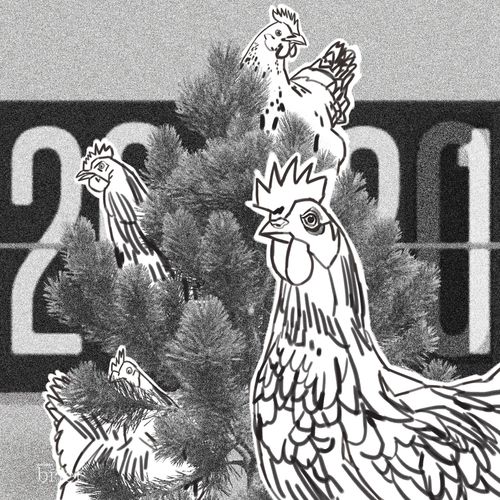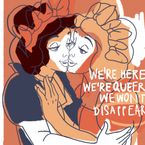Misery and creativity, making children fall in love with reading and the archives of John le Carré
Creativity and art could, indeed, grow out of misery. At least in Ludwig van Beethoven’s case as this is the conclusion drawn from the linguistic software analysis of 250 of his letters. The music genius’ creativity measured in the number of important works seemed to increase following the negative emotions. A 9.3% rise in “negative feelings” caused by an event like a death in the family corresponded with 6.3% more significant compositions in the next year. Among the negative feelings of anxiety, anger, and sadness, it was the last one that turned out to be most fueling for Beethoven. The correlation between depression and creativity was already previously suggested by scientists.
Archives of the recently late John le Carré, a British author of espionage novels, show that he made almost thirty drafts of some of his works, before publishing. He also collaborated deeply with his wife. That was the case with his most famous “Tinker, Taylor, Soldier, Spy”, made later into a movie featuring Gary Oldman. Le Carré, whose real name was David Cornwell, authored 25 spy novels. After he died in mid-December 2020, he was hailed by the current British Secret Intelligence Service chief as the one who “left his mark on MI6”. Le Carré himself worked in MI6 in the sixties.
A researcher from Oxford University developed five ways to make children love reading. According to Isang Awah, the first is reading aloud, especially in an exciting way. The second is access to interesting lectures, not only books but for example comics as well. That makes kids more vivid readers. It is also essential to create a comfortable “reading environment”, give children the freedom to choose books, and talk with them about what they have read.


























